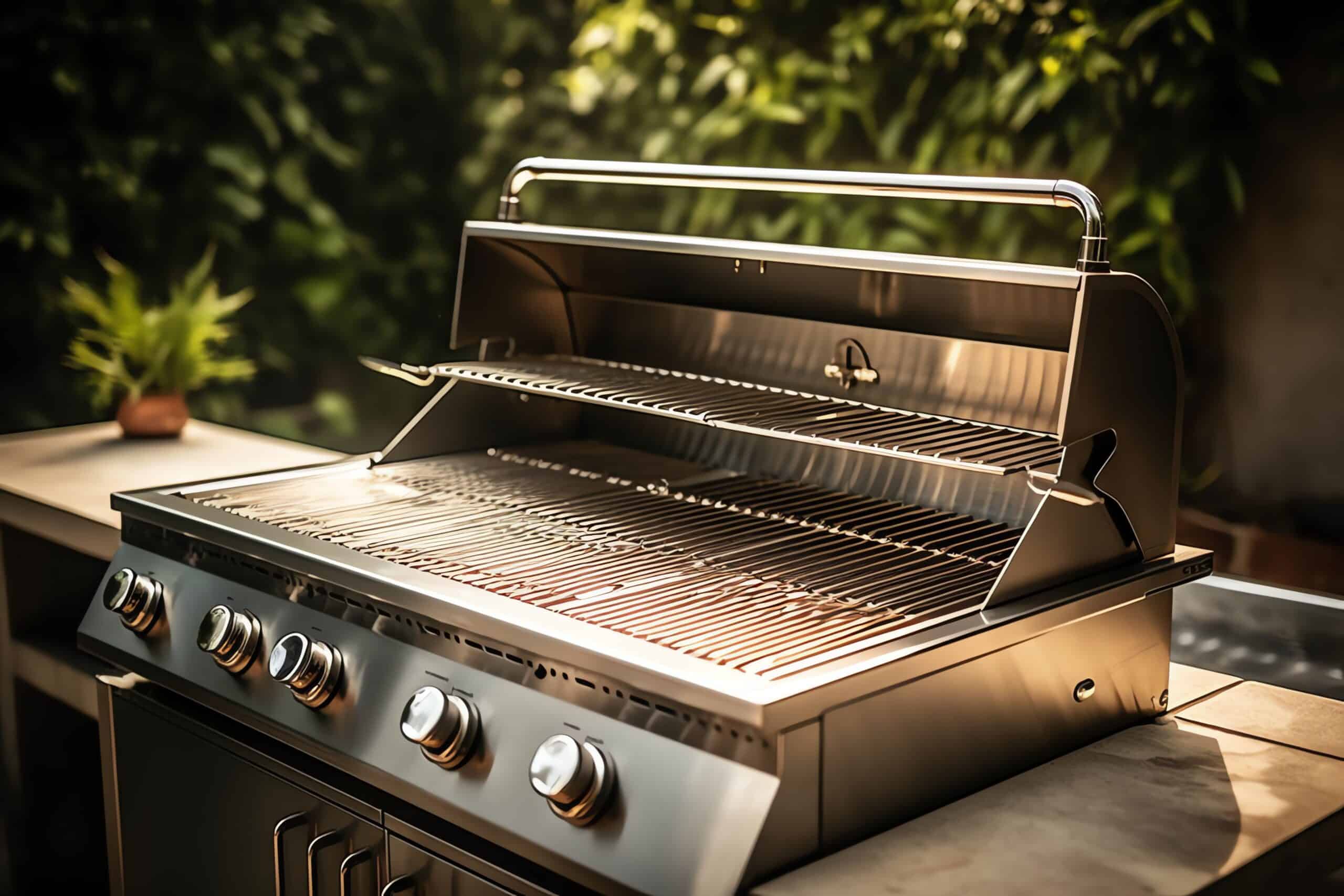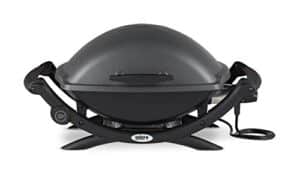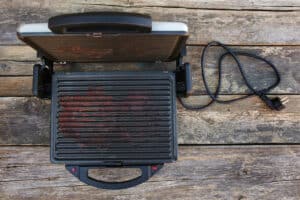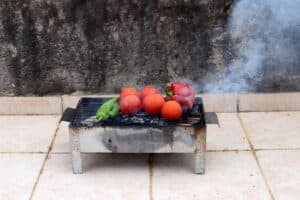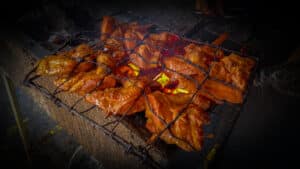Why Is My Grill Not Getting Gas?
Key Takeaways
- The first step in troubleshooting a gas grill that is not getting gas is to check for any leaks and ensure that the tank has enough gas.
- If the gas supply is not the issue, the next step is to inspect the grill’s igniter. Clean or replace the battery, and if necessary, replace the igniter itself.
- Weather conditions can affect the performance of the igniter. If it’s wet or icy, try using a gas barbecue lighter or a match to manually light the grill.
Having a gas grill that is not getting gas can be frustrating, especially when you’re looking forward to a delicious barbecue. There can be several reasons why your grill is not getting gas, but don’t worry, we’re here to help you troubleshoot and fix the issue.
Check for Leaks and Gas Supply
The first step in troubleshooting a gas grill that is not getting gas is to check for any leaks and ensure that the tank has enough gas. Start by inspecting the gas hose and connections for any signs of leakage. You can do this by applying a solution of soapy water to the connections and watching for bubbles. If you notice any bubbles forming, it indicates a gas leak, and you should immediately turn off the gas supply and consult a professional for repairs.
If there are no leaks and the tank is full, the issue could be with the regulator or the pressure from the regulator. The regulator controls the flow of gas from the tank to the burners. If the regulator is faulty or not properly adjusted, it can restrict or cut off the gas supply to the grill. In this case, you may need to replace the regulator or adjust it according to the manufacturer’s instructions.
It is also possible that the gas supply itself is incorrect. Propane and natural gas have different pressure requirements, so make sure you have the correct type of gas for your grill. If you’re using propane, check if the tank is properly connected and the valve is fully open. Additionally, ensure that the propane tank is not empty and has enough gas to fuel the grill.
Inspect the Igniter
If the gas supply is not the issue, the next step is to inspect the grill’s igniter. The igniter is responsible for sparking the gas to create a flame. If it is not working correctly, it can prevent the grill from igniting.
If your grill has a battery-powered igniter, check and replace the battery if necessary. A dead or corroded battery can cause the igniter to fail. On the other hand, if your grill has a piezo igniter, clean it thoroughly to remove any clogs or debris that may be affecting its performance. You can use rubbing alcohol or sandpaper to clean the igniter and ensure a strong spark.
If cleaning or replacing the battery does not solve the issue, the igniter itself may be faulty. In this case, you can open the igniter box, disconnect the wires, and attach a new ignition kit. However, it is important to turn off the gas supply and wait for the grill to cool before attempting any repairs.
Consider Weather Conditions
Weather conditions can also affect the performance of your grill’s igniter. Wet or icy weather can make it difficult for the igniter to produce a spark. If it’s raining or snowing, try using a gas barbecue lighter or a match to manually light the grill instead. However, exercise caution and ensure proper safety measures when using alternative ignition methods.
In addition to troubleshooting the igniter, it’s also worth checking the burners themselves. Clogged or damaged burners can restrict the flow of gas and prevent the grill from getting enough fuel. Clear any dirt or debris that may be blocking the burners and ensure they are properly aligned. If the burners are severely damaged or corroded, they may need to be replaced.
Consult a Professional
If none of the troubleshooting steps mentioned above resolve the issue, it is recommended to consult a professional for further assistance. They have the expertise and knowledge to diagnose and repair any complex problems with your gas grill.
Remember, it’s important to prioritize safety when troubleshooting and repairing your gas grill. Always follow the manufacturer’s instructions and take necessary precautions to prevent accidents and injuries.
Conclusion
A gas grill not getting gas can be frustrating, but with the right troubleshooting steps, you can identify and resolve the issue. Start by checking for any leaks and ensuring the gas supply is correct. Inspect the igniter and clean or replace the battery if necessary. Consider weather conditions and try alternative ignition methods if needed. If all else fails, consult a professional for expert assistance. By following these steps, you’ll be back to grilling delicious meals in no time.
Related Websites:
FAQs:
Q: Why is my gas-powered outdoor grill not getting gas?
There are several common reasons why a gas-powered outdoor grill may not be getting gas. It could be due to a lack of gas supply from the propane tank, a faulty gas regulator or hose connection, or clogged gas burners or venturi tubes.
Q: What can cause issues with the propane tank and how can I address them?
Propane tank issues can be caused by a variety of factors such as a closed valve, low propane level, or a faulty regulator. To address these problems, make sure the valve on the propane tank is fully open, check the propane level, and consider replacing a faulty regulator if necessary.
Q: What role does the gas regulator play and how can I troubleshoot it?
The gas regulator is responsible for maintaining a consistent gas flow to the grill. If it is faulty or there is a problem with the hose connection, it can disrupt the gas supply. To troubleshoot, check for any visible damage or leaks in the regulator or hose, and ensure proper connections.
Q: How can I clean and unclog gas burners and venturi tubes?
Gas burners and venturi tubes can become clogged with grease, debris, or spider webs over time. To clean them, remove the burners and use a grill brush or wire brush to scrub away any build-up. For stubborn clogs, use a pipe cleaner or small brush to carefully remove any blockages.
Q: What preventive measures can I take to ensure smooth gas flow in my grill?
To ensure a smooth gas flow in your grill, it is important to practice proper maintenance. Regularly clean and inspect the grill components, including the burners, hoses, and regulators. Additionally, consider professional servicing and inspection to catch any potential issues before they become major problems.

